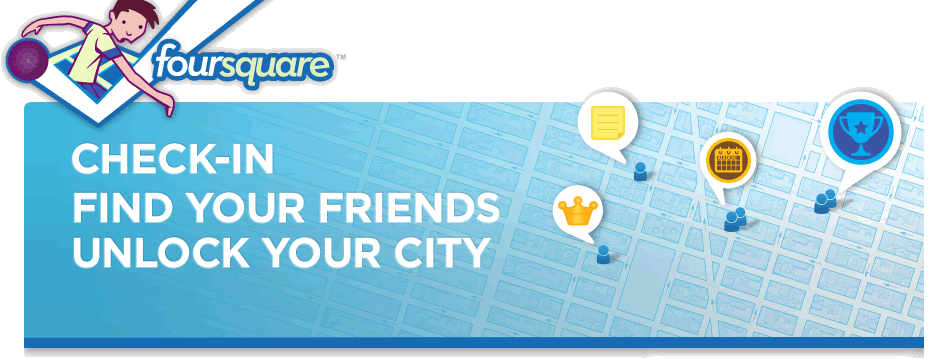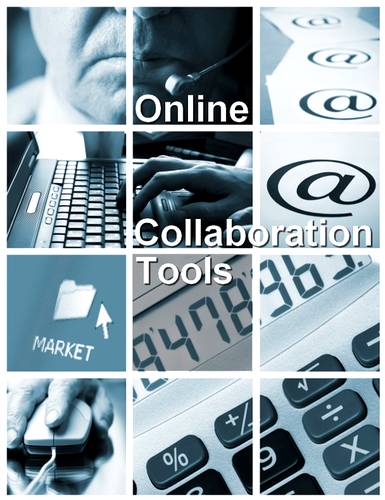
It's the phenomena of social game. Online games that allow you to interact with others.
Social games are web-based games played on social networking websites. Here are some statistics about social gamers:
- 65% of social gamers are women
- 64% of social gamers play everyday
- Facebook is the most popular social network to play social games
- 62% of social gamers play with real friends, 56% play with friends they have made online, 37% play with strangers
- Want to know more?
Zynga, Playfish, and Playdom are the biggest social gaming networking sites. Zynga created Farmville and Mafia Wars played on Facebook. Farmville has 61 million users, making it the most used social game available today.
And these games are only growing more popular. Today was the Social Gaming Summit of 2010, where panelists had the opportunity to talk about the future and growth of social gaming. Rick Thompson, co-founder of Playdom, predicted that 90% of internet users will be social gaming in the near future.
To play social games today, check out the Social Gaming Network.
To hear more of my thoughts on other blogs...








